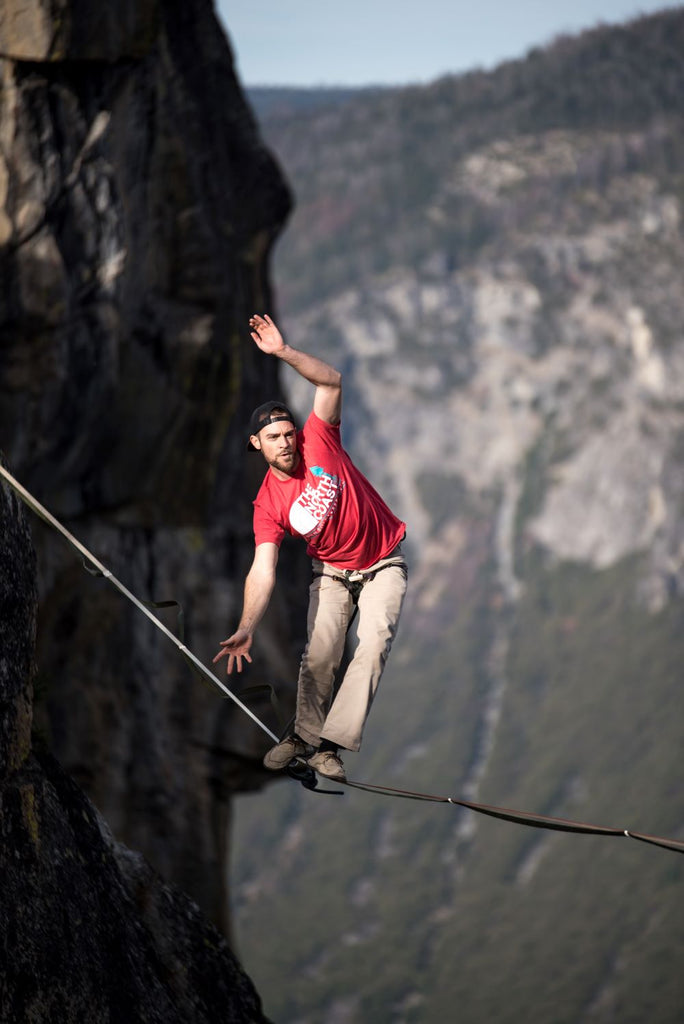If Your Heart’s Not in it, Neither is Your Brain
Posted by JOANNA C

The last time you engaged your brain in a challenging task, how willing were you to challenge yourself? Based on a recent study, if you’re struggling with the willingness to exert what’s called cognitive effort, being open to the challenge is what makes all the difference.
We’ve all seen musicians or technological wizards and been amazed at their skills, knowing it must have taken countless hours of dedication to master those types of skills. The real secret isn’t in continually applying the effort day after day, but in the initial stage of applying the cognitive horsepower to try the new thing.
Researchers from Vienna and Dresden studied how the initial reward from trying a new task influenced future decisions to continue applying energy toward it. They found that if someone was open to a challenge and were rewarded in some way at that first attempt, they were more likely to continue working on those skills or tasks even if there was no reward following those subsequent applications.
What this tells us is that the way we process if something is worth the cognitive effort is largely based on that initial encounter, and it builds momentum afterwards. Like the saying goes, an object in motion is likely to stay in motion: once this initial openness to challenge is rewarded, the person doesn’t perceive the following efforts as being difficult, even when that reward isn’t coming again.
This also means that people are more likely to seek out more challenging or difficult tasks after that reward has come from applying mental effort, regardless of the opportunity for a reward. This can help us see how people really become masters of something which we might regard as being extremely hard to do.
The study found that being open to the challenge in the first place is what allowed that reward to be possible, setting the stage for future attempts which primes the brain for developing more skill. After that, the phenomenon where onlookers gasp and say, “You make it look so easy!” really begins!
Further Reading
Georgia Clay, Christopher Mlynski, Franziska M. Korb, Thomas Goschke, and Veronika Job. Rewarding cognitive effort increases the intrinsic value of mental labor. PNAS, 2022 DOI: 10.1073/pnas.2111785119
Photo by Casey Horner on Unsplash

